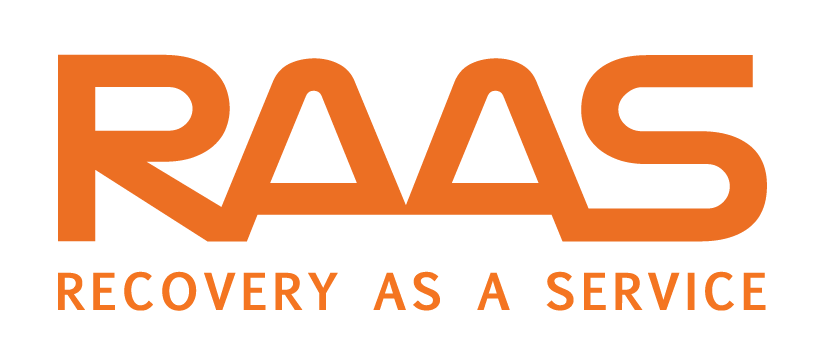In an era when technology dominates our daily lives, it should no longer be necessary to talk about the importance of backups. However, there are still many people who think this is a very complicated process and so avoid including it in your routine. In addition, we always think that randomness only happens to others and we do not really worry about the possibility that one day we will be victims of a computer attack and we will lose all our information. But let it be known who thinks it is immune to data loss. Nowadays, threats are more than many and so we must protect ourselves in every possible way. Backup is one of the most important and in this article we’ll cover everything you need to know about this topic!
What is a backup?
Backup is nothing more than copying important files to another storage device, whether external disks, pens, CD’s, or storage in the Cloud. Backup is one of the main measures of information protection, since it ensures that the data is safe and protected even in cases of problems with machines and computer attacks.
Types of backup
- Full Backup
This type of backup, as its name implies, makes the complete copy of all the existing files in a certain environment or server. In this situation, there is a reliable and complete reproduction of all existing information. This type of backup is the one that has more storage space and is also what takes the longest time to get full. However, it ensures that all existing data is safeguarded and is the basis for the existence of a disaster recovery plan, ie it is the first step in recovering the entire environment or server in case of total loss of data.
- Incremental backup
This type of backup copies the data that has changed since the last incremental backup, which causes a smaller amount of data to be copied. This causes the process to finish faster and require less storage space. Because a complete copy of the data is not made, this is the fastest backup type. It should be noted that this type of backup should be done quite frequently, so there is no risk of data loss.
- Differential backup
It is a backup type very similar to incremental backup. The main difference is that in this situation the data that has changed since the last full backup has been stored, which causes more data to be stored than the previous backup.
- Continuous incremental backup
This is the latest backup mode and has been widely used by businesses. It is similar to incremental backup, but ensures greater data availability. This type of backup allows the automation of the data recovery process, freeing the user from the task of verifying which databases need to be recovered. This mode works like a complete backup, with enough agility and transparency, being very fast the data recovery. It also has the advantage of consuming little storage space.
What are the advantages of having a backup in the Cloud?
- Greater mobility
Wherever you are, you can always check your files through a computer or mobile device. You no longer need to carry external USB drives and pens to ensure you have the files you need when traveling. The cloud provides universal access to full-power computing, allowing access to file servers for any user with a device with network access.
- Optimization of human resources
Cloud storage frees the IT team for other tasks and leaves it free from problems related to network failures. Storing the files in the cloud means that you do not have maintenance, upgrade and training costs. Everything is done automatically and the probability of errors is greatly reduced.
- Constant protection
The cloud backs up automatically and steadily, without having to worry about it. You will not risk losing that document you’ve been working all day long! And you will no longer have to worry about clicking the save button every five minutes!
- High levels of safety
A system failure seriously threatens a company’s productivity. In case of failure, important reports can be lost and even with a policy of frequent backups, you may never be able to retrieve essential information for the company. By using a cloud storage and backup system, data is completely safe even in the event of system failures. Your data will always be available and up-to-date and you do not have to worry too much about system failures.
- Better communication within the teams
Storing files in the Cloud allows for easier sharing with all colleagues, no need to send large files by email or pass them through USB pens. Because the files are stored in the Cloud, each user can access the files and make the changes they want, and these are automatically saved.
- Flexibility of solutions
Several companies provide flexible solutions tailored to the specific needs of each company. So there’s no need for a company to buy more space on the Cloud than it actually needs, which makes it a cost advantage. If you need to increase the storage size in the Cloud, you can easily upgrade it.


4 thoughts on “Everything you need to know about backups”